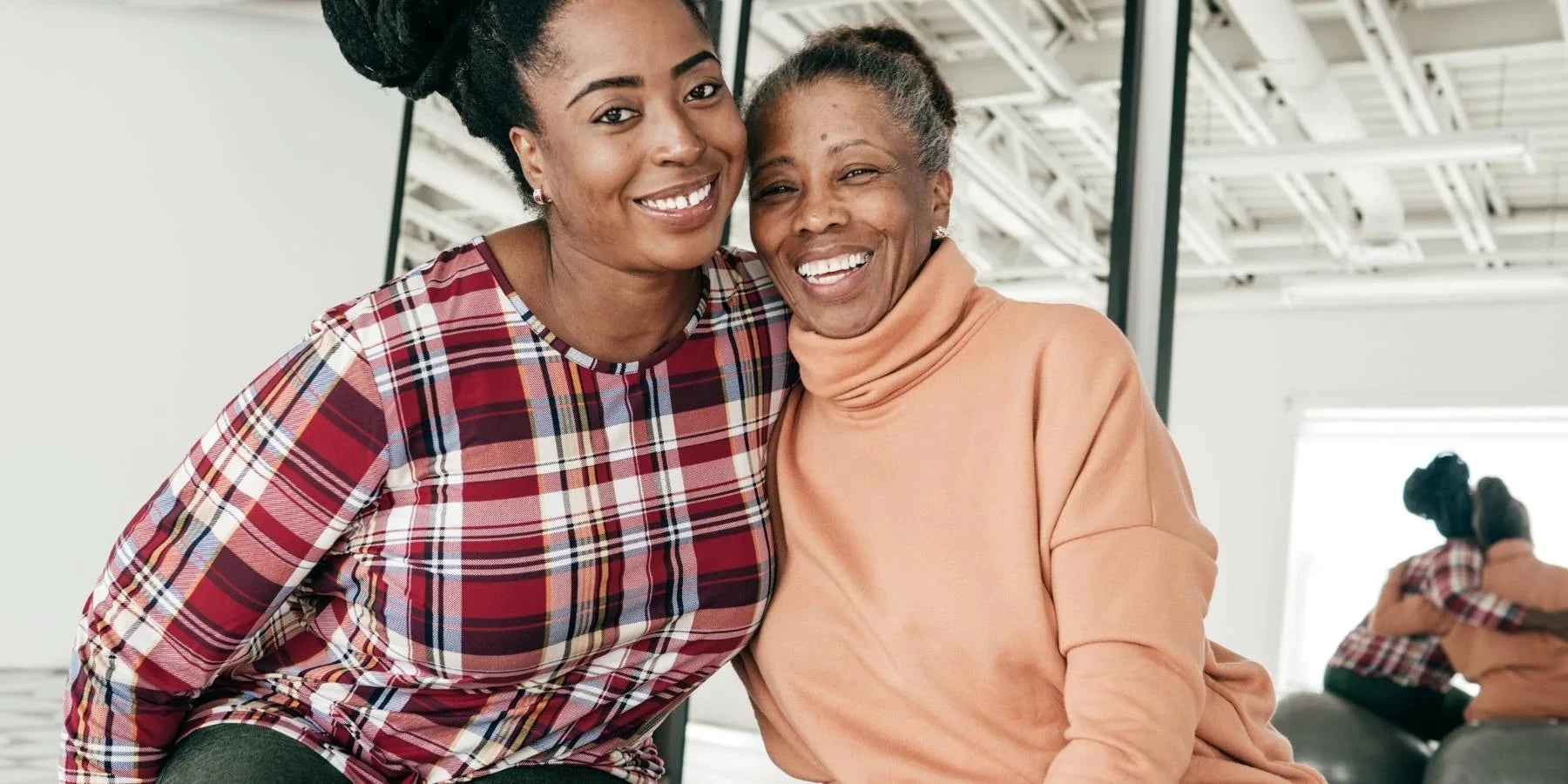It's no secret that breast cancer is the most common type of cancer diagnosed in women. But what many people don't know is that there are over 2,700 cases of invasive breast cancer expected to be diagnosed in men in the US this year alone.
The reality is that breast cancer affects plenty of men too - so why aren't we talking to them about it? Male breast cancer is infrequently included in awareness efforts and testimonies, despite the prevalence of breast cancer.
In the United States, one in eight women may get invasive breast cancer in their lifetime, proving that women are disproportionately afflicted by the disease. However, there is a chance that this lethal cancer will also strike men. The issue is that women have been educated to be on the lookout for breast cancer signs by family, peers, doctors, and even popular culture, while men's breasts are largely ignored.
Although men have less breast tissue, it's still there. Because less than 1 percent of men (1 in 1,000) are diagnosed with breast cancer, men aren't taught to take precautions and identify symptoms of breast cancer.
CIRALU wants to change that. We believe that men deserve to have access to the same information as women about breast cancer prevention, detection, and treatment. That's why we're committed to raising awareness and educating men about the risks and symptoms of breast cancer.
We encourage all men to speak to their doctors and learn how to perform self-exams, just as women are taught. By talking about breast cancer and raising awareness, we can help prevent unnecessary suffering and save lives. So, take the time to talk to the men in your life about breast cancer - it could make all the difference.

Talking about breast cancer with the men in your life is crucial, and it's not just women who are affected by this disease. In fact, CIRALU wants to remind you that male breast cancer is a real concern, with over 2700 cases of invasive breast cancer expected to be diagnosed in men in the US alone this year.
It's important to note that the two main risk factors for developing breast cancer, whether you're a man or a woman, are aging and genetic abnormalities. Men who have a family history of breast cancer and are between the ages of 60 and 70 are more likely to be at risk. And while men and women experience identical symptoms when breast cancer is detected, unfortunately, some men delay visiting the doctor until they have more severe symptoms.
A study conducted by the Cleveland Clinic revealed that only three in five men go to the doctor for their annual check-up, and just over 40 percent go to the doctor when they suspect they have a serious medical condition. However, if men aren't aware of the symptoms of breast cancer or even that they can get breast cancer, they may be less likely to seek medical attention for any concerning breast tissue. The study also showed that men often go to the doctor to appease their partners or family members, with 19 percent of the men surveyed admitting they would visit the doctor to stop their significant other or loved one from nagging them.
Treatment for male breast cancer is the same as for women, and women can play a crucial role in encouraging their male partners, friends, or family members to accompany them during their annual mammograms. Having someone who has gone through it before can be comforting and can make the situation less scary for the men in your life.
So, if you need a reason to encourage the men in your life to take care of their health, remind them that breast cancer affects men too. It's time to break down the stigma and talk openly about this disease.



